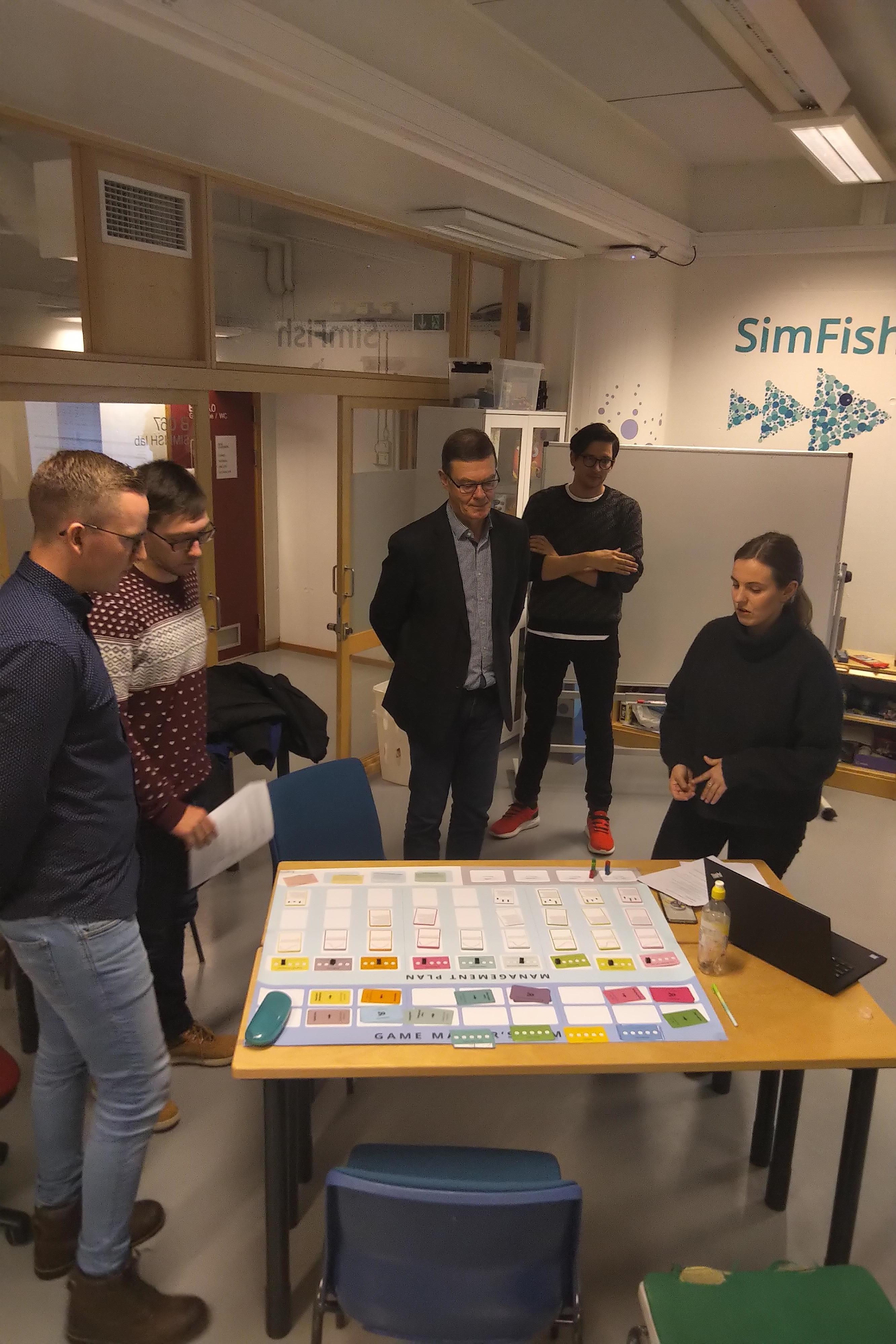MARA delivers interdisciplinary research and education that aims at providing a better understanding of the complexity in marine management, which is essential for the development of integrated and sustainable solutions to effectively manage the uses of our marine environment.
There is increasing interest in the marine environment, as coastal and marine ecosystems have exhibited a big potential for innovation and creation of economic value. Fisheries, aquaculture, renewable energy production, marine bioprospecting and tourism are among the many marine industries that are part of and make up the Blue Economy, and will have to co-exist in the marine environment.
The marine environment, however, is already under pressure. Drivers such as climate change and local environmental change are causing worry. Indeed, there is an ongoing battle for the use of sea and coastal space, which creates challenges for management, both nationally and internationally. The interests of users along with the desire for further growth must be balanced against the need for conservation.
We in MARA study these processes of change; how overlapping interests and considerations are handled, what characterises management systems, and the effects of different management regimens on economic, social and environmental sustainability. We also study the interplay between science, politics, industry and society.
Research group leader: Jahn Petter Johnsen
Twitter: @MARAresearch
Web editors: Daniel Jensen og Jahn Petter Johnsen
Institution: The Norwegian College of Fishery Science (UiT The Arctic University of Norway)







We currently work in four main areas of research.
MARA researchers have been involved in numerous studies of the fisheries management systems in the global South. A central focus of these studies is on determining if and to what extent the Norwegian model of management organizations and institutions can be “exported” to developing countries. We are also involved in studies of the importance of small-scale fisheries in developing countries and how small-scale fisheries and local governance are affected by national and international processes of change. A relatively new area of research is on judicial systems in a number of developing countries and how the systems interact.
Marine governance is exercised through a complex multi-level system that includes a diversity of actors, arenas and instruments. In MARA, we study the nature, development and performance of such complex governance arrangements. This includes sectoral approaches to manage fisheries, aquaculture and other industries as well as cross-sectoral approaches such as ecosystem-based management, marine spatial planning and marine protected areas.
MARA researchers have done extensive studies of the Norwegian fisheries sector since the early 1980s, providing articles and books on important organizations such as the Raw Fish Association, the Norwegian Fishermen’s Association and the Ministry of Fisheries. Research on the organization of the fisheries sector also includes studies on co-management and institutional development.
Several MARA projects deal with the development of key marine industries. We study entrepreneurship and innovation, politics and public organisation, changes in industry structures and the effects these changes have on the environment, societies and planning. We also study the increasing conflicts that arise as a result of more industries and activities needing access to valuable areas and resources.
Some of our research does not fall under the four main research areas. This applies particularly to research and development of game-based learning activities.

A sample of our most recent publications (current or former MARA members in bold)
MARA supervises master students on topics related to:
Please contact supervisors of interest directly to discuss thesis topics. Our individual research interests and contact information can be found under the Members tab, and by searching for our person cards in the NCFS employee list